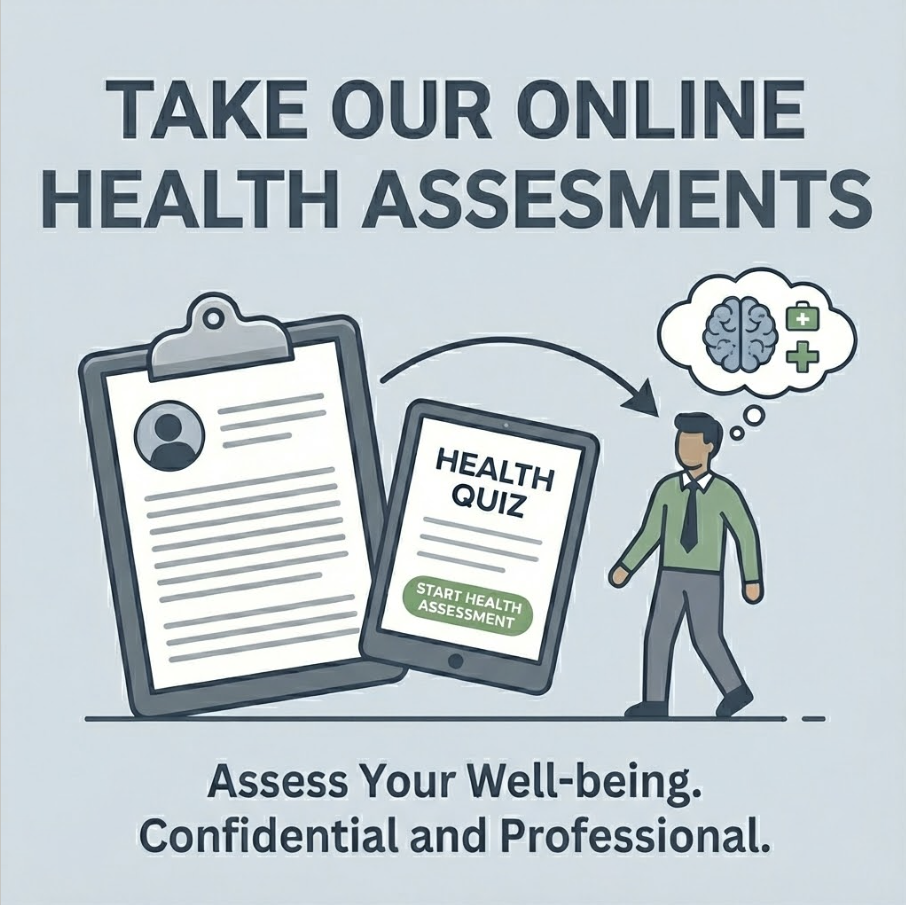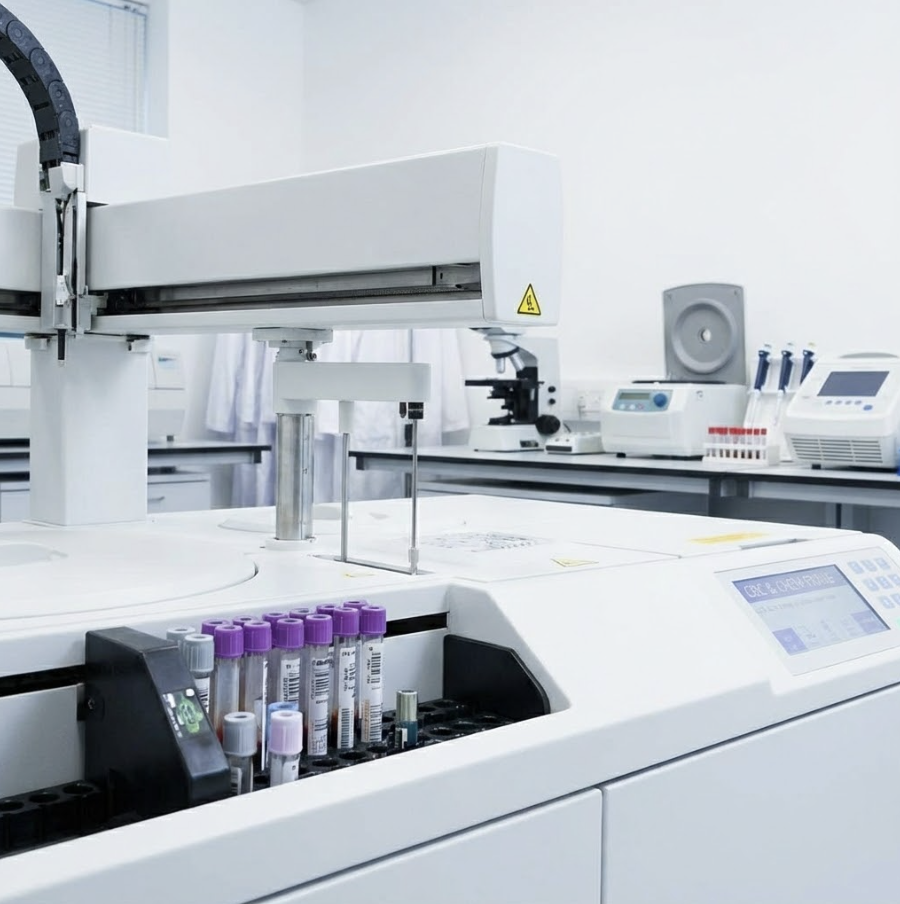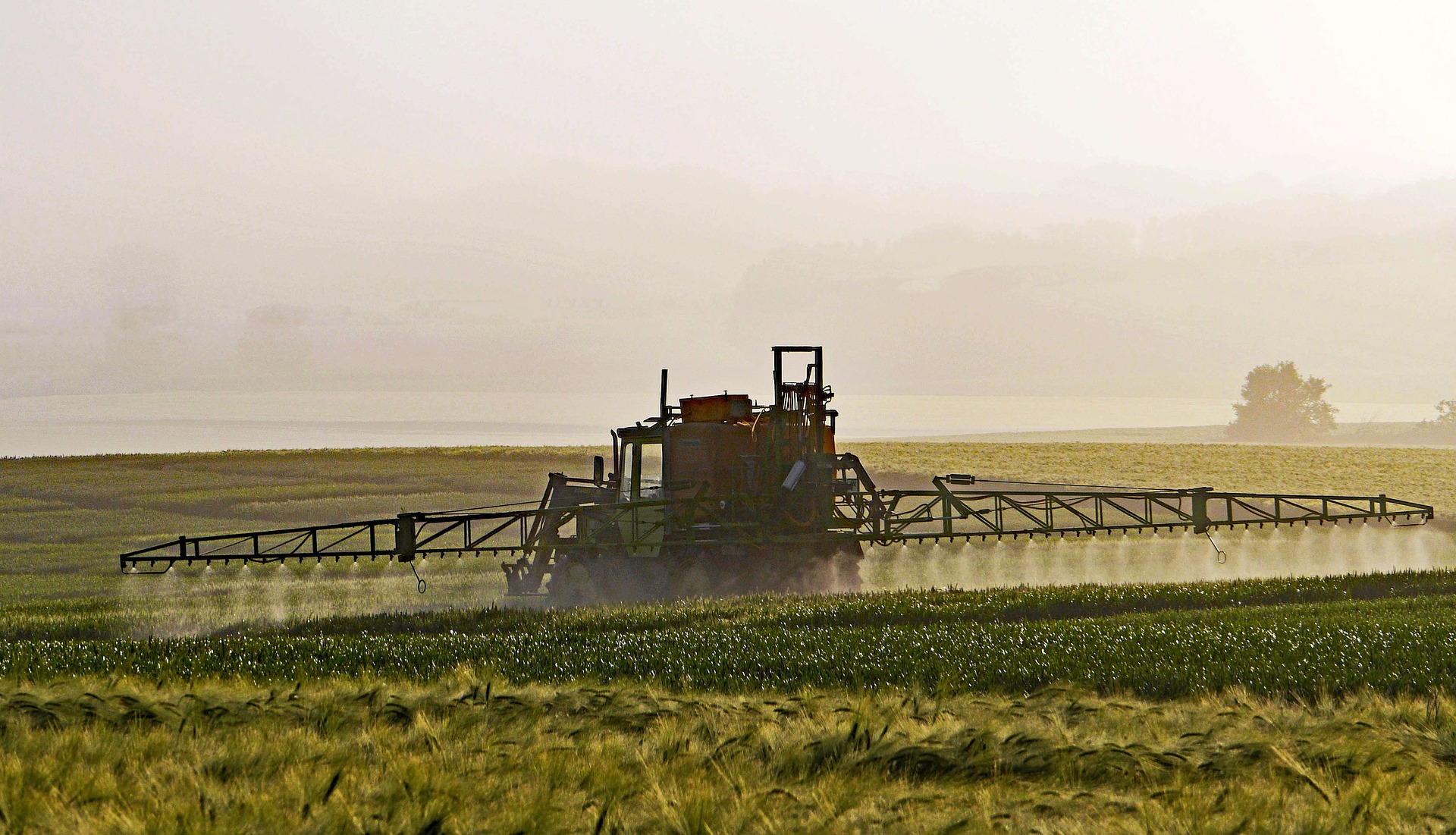Short Answer: Buy organic if you care about your long-term health or environmental sustainability.
It’s been almost two decades since certified organic food hit the market and the controversy surrounding them still remains. And rightfully so, they were poised to disrupt an established multi-billion dollar industry. But little did we know back in 2002 that the organic foods industry would become such a behemoth in terms of market share, projected to be worth $320 billion by 2025. When this much money is involved it is safe to say that stakes will be very high from both producers and competitors of organic foods. Let’s sift through the clutter to find the facts so that you can make an informed choice the next time you’re at the grocery store.
What is it?
Organic food has been around long enough now that you probably don’t need an explanation. If you already feel comfortable with what you know about it, feel free to skip this paragraph. According to the USDA: “Organic food is produced by farmers who emphasize the use of renewable resources and the conservation of soil and water to enhance environmental quality for future generations. Organic meat, poultry, eggs, and dairy products come from animals that are given no antibiotics or growth hormones. Organic food is produced without using most conventional pesticides; fertilizers made with synthetic ingredients or sewage sludge; bioengineering; or ionizing radiation.” (Emphasis added). Notice that organic farming still involves some pesticides, just not the synthetic kind. The interesting point here is that organic farming isn’t just about minimizing synthetic pesticides and fertilizers as much as it is about sustainable farming practices and reducing environmental impact. It just so happens that by reducing or eliminating products that are harmful to the environment we consume less harmful pesticide residues.
The Cons
- Organic food prices tend to be between 10% and 134% higher than their conventional counterparts with the average being 68% higher.
- Opponents of organic food usually like to point out that organic food is still sprayed with pesticides. While this is true, Studies show pesticide residues are up to 4 times higher in conventional produce as well as containing higher concentrations of cadmium.
The Pros
- In addition to being better for the environment, buying organic helps hinder the proliferation of antibiotic-resistant bacteria.
- Organic grazing animal meat has a higher ratio of omega-3 fats.
- Organic produce, on average, contains higher amounts of nutrients such as iron, zinc, and antioxidants.
- Higher organic food consumption is associated with lower waist circumference, fasting blood glucose, serum triglycerides, and blood pressure, even after controlling for diet quality and lifestyle variables.
What to do
If budget is not an issue, the simplest method would be to try to eat only organic when possible. Most standard grocery stores now have an organic produce section that should stock most common fruits and vegetables and even some meats. If you want to get the most bang for your buck, make use of the Clean Fifteen and Dirty Dozen lists to decide which organic food to buy. These lists change depending on changes in farming practices so be sure to check them every once in a while.

Get Personalized Answers
Struggling with fatigue, weight gain, or low drive? Choose the right evidence-based assessment for you to get personalized insights in under 2 minutes.

Start with a Blood Test
Take out the guesswork. Book your $154 Vitality Screening, which includes a full lab order and a 20-minute results review with Dr. Morse.
Work With Dr. Morse
All patients work directly with Dr. Michael Morse, a licensed Naturopathic Physician and expert in hormone health.




Follow Us